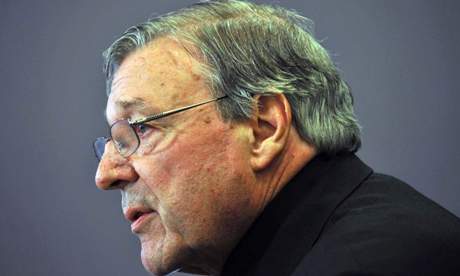The Church’s Melbourne Response for helping abuse survivors discouraged victims from contacting police, a royal commission case study has found.
Australia’s Royal Commission into Institutional Responses to Child Sexual Abuse issued a case study this week into the programme instituted by then-Archbishop George Pell in 1996.
The study identified 12 systemic issues.
One issue was the role of the Church in determining its own redress.
Another was the “relationship between those delivering or coordinating counselling and pyschological care and those making decisions about the abuse and compensation”.
The commission noted that the Church’s own law firm was instructing both an independent commissioner and the archdiocese about the same cases.
This raised “a clear potential for conflict. It also raises difficulties with confidentiality”.
The commission was also concerned that the independent commissioner who has run the Melbourne Response since 1996 gave victims advice about whether or not it was worth telling police about the abuse with a view to laying criminal charges.
It also berated the commissioner’s decision to interview victims in his own offices after survivors told the commission they found the room’s size and furnishings intimidating.
The Melbourne Response was designed for an independent commissioner to make inquiries “into allegations of sexual abuse, determine their credibility and make recommendations about action to be taken against those accused of abuse”.
It was also to cover the cost of counselling and support, and recommend ex gratia payments to victims.
However, the method by which payments to victims were determined were opaque and should be known to all and consistently followed, the case study noted.
Melbourne Archbishop Denis Hart said he will carefully examine how the scheme’s independence can be enhanced and potential conflicts of interest be avoided.
Other aspects of the programme will also be reviewed, the archbishop said.
The royal commission also recommended a national redress scheme be established for victims by mid-2017, with institutions where the abuse happened doing the funding.
The Church supported the establishment of such a scheme, which would offer compensation, counselling and psychological care.
Sources
Additional readingNews category: World.




